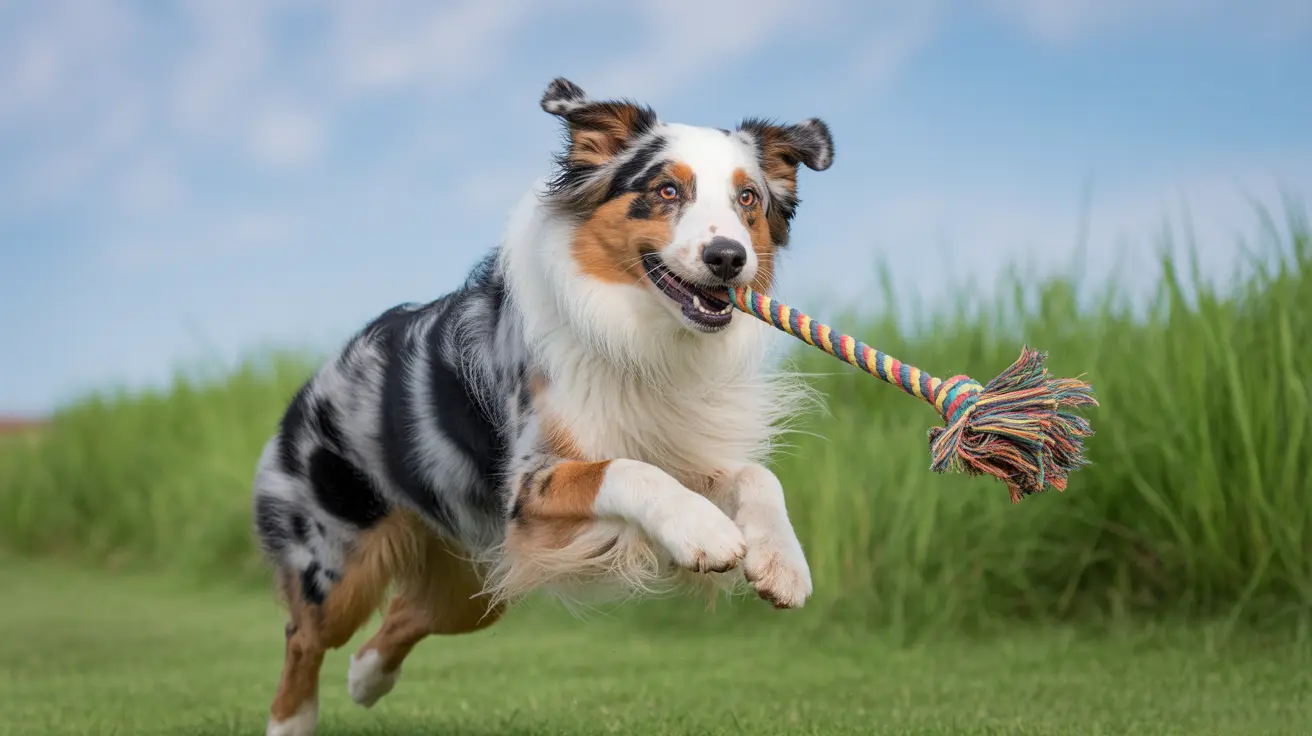If you've ever examined your dog's food label, you might have noticed "choline chloride" among the ingredients. This vital nutrient plays a crucial role in your dog's overall health and development, but many pet owners aren't familiar with its importance.
In this comprehensive guide, we'll explore what choline chloride is, why it's essential for your dog's wellbeing, and how it supports various biological functions that keep your furry friend healthy and active.
What is Choline Chloride and Why Does Your Dog Need It?
Choline chloride is a synthetic form of choline, an essential nutrient that dogs cannot produce in sufficient quantities on their own. This compound is crucial for numerous bodily functions, from supporting brain development to maintaining healthy liver function.
Think of choline as a master key that unlocks several vital processes in your dog's body. It helps form cell membranes, supports nerve function, and assists in fat metabolism – all critical aspects of your pet's health.
Key Benefits of Choline Chloride for Dogs
Brain Health and Cognitive Function
Choline serves as a precursor to acetylcholine, a neurotransmitter essential for memory and learning. This makes it particularly important for:
- Puppy brain development
- Mental alertness and focus
- Prevention of cognitive decline in senior dogs
Liver Support and Fat Metabolism
One of choline's most crucial roles is supporting liver health by:
- Preventing fatty liver disease
- Helping process and transport fats
- Supporting overall liver function and detoxification
Muscle and Nerve Function
Choline chloride contributes significantly to:
- Proper muscle movement and coordination
- Nerve signal transmission
- Overall physical performance and endurance
Recommended Amounts and Safety
The Association of American Feed Control Officials (AAFCO) recommends 1,200 mg of choline chloride per kilogram of dry dog food. This amount ensures your dog receives adequate nutrition while remaining well within safe limits.
Choline chloride is generally considered very safe, with minimal risk of overdose. However, always follow feeding guidelines and consult your veterinarian about your dog's specific nutritional needs.
Natural Sources vs. Synthetic Supplementation
While choline occurs naturally in ingredients like:
- Organ meats
- Egg yolks
- Fish
- Legumes
Commercial dog foods often include choline chloride to ensure consistent and adequate levels, as natural sources alone may not provide sufficient amounts.
Signs of Choline Deficiency
While rare in dogs eating complete commercial diets, choline deficiency can lead to:
- Poor growth in puppies
- Liver problems
- Reduced cognitive function
- Muscle weakness
Frequently Asked Questions
What is choline chloride in dog food and why is it important for my dog's health?
Choline chloride is a synthetic form of choline, an essential nutrient that supports brain development, liver function, and cellular health in dogs. It's important because dogs cannot produce enough choline naturally and require dietary supplementation for optimal health.
Is choline chloride safe to feed my dog and what are the recommended amounts?
Yes, choline chloride is very safe for dogs. The AAFCO recommends 1,200 mg per kilogram of dry dog food. This amount is carefully regulated and poses no risk to healthy dogs when included in commercial pet foods.
How does choline chloride support liver function and brain development in dogs?
Choline chloride helps prevent fatty liver disease by supporting fat metabolism and transport. For brain development, it serves as a building block for acetylcholine, a crucial neurotransmitter for learning and memory.
Are there natural alternatives to choline chloride in dog food that are equally effective?
While natural sources like organ meats and eggs contain choline, choline chloride in dog food ensures consistent and adequate levels. Some alternative forms, like phosphatidylcholine from krill, may offer comparable benefits but are often more expensive.
Can choline supplementation help with cognitive decline or epilepsy in aging dogs?
Yes, research suggests that choline supplementation may help reduce cognitive dysfunction in senior dogs and can support dogs with epilepsy by improving nerve function. However, any supplementation should be discussed with a veterinarian.
Conclusion
Choline chloride is more than just another ingredient on your dog's food label – it's a crucial nutrient that supports your pet's health from puppyhood through their senior years. By understanding its role and importance, you can make more informed decisions about your dog's nutrition and ensure they receive the benefits of this essential compound.






